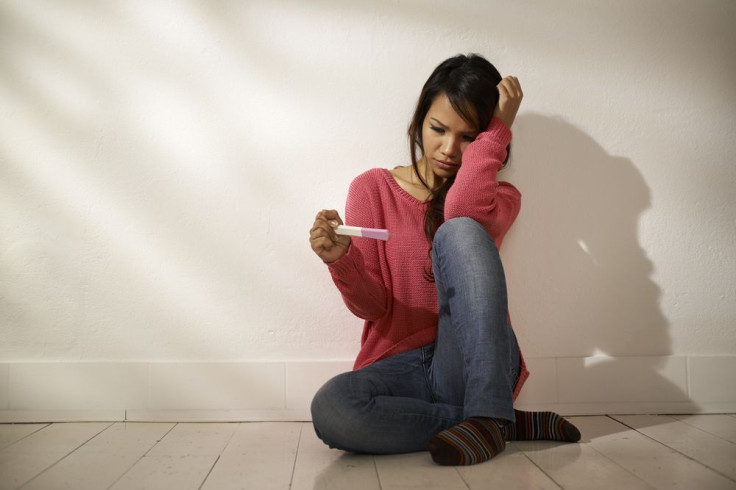Free Birth Control Initiative In Colorado Leads To A 40% Drop In Teen Birth Rates

In the state of Colorado, it is estimated that seven out of 10 teen pregnancies are unintended. The majority of these young women who give birth in their teenage years will not graduate from high school or earn as much as women who wait until they're older to have children. Thanks to The Colorado Family Planning Initiative, the state’s teen birth rate dropped by 40 percent between 2009 and 2013.
“This initiative has saved Colorado millions of dollars,” Colorado Gov. John Hickenlooper said in a statement. “But more importantly, it has helped thousands of young Colorado women continue their education, pursue their professional goals and postpone pregnancy until they are ready to start a family.”
The initiative administered by the Colorado Department of Public Health and Environment began offering low-income women from 68 Colorado family planning clinics over 30,000 intrauterine devices (IUDs)or implants at low or no cost in 2009. Young women from these family planning clinics accounted for three-quarters of the state’s overall decline in the teen birth rate, and teen abortion rates dropped by 35 percent in counties that were included in the initiative between 2009 and 2012. Back in 2008, Colorado was home to the 29th lowest teenage birth rate across the nation. By 2012, three years after the initiative started, it jumped to the 19th lowest teen birth rate.
Not only did the initiative help curb the amount of teen births, but it also helped the state of Colorado cut social and economic costs related to unintended teenage pregnancies. In 2010 alone, the first year of the initiative, that state saved $42.5 million in health care expenditures associated with teen births. Colorado WIC, a program providing nutritional support and education for low-income and women and their infants, also benefited from the initiative. The statewide program’s infant caseload dropped by 23 percent between 2008 and 2013.
“Unintended pregnancies, especially among teenagers, carry health risks for mother and baby,” said Dr. Larry Wolk, department executive director and chief medical officer. “Our Colorado Family Planning Initiative has helped thousands of young women who weren’t ready to have children avoid pregnancy with affordable, safe and effective contraceptives.”
According to the Centers for Disease Control and Prevention, a total of 305,388 babies were born to women between the ages of 15 and 19 in 2012, a six percent drop from the previous year. As a nation, the live birth rate of 29.4 per 1,000 U.S. teens in this age group was a record low. Only around 50 percent of teen mothers graduate from high school, compared to 90 percent of young women who receive a high school diploma and do not give birth during their teenage years. Research suggests that children born to teenage mothers are more likely to perform poorly in school, drop out before their high school graduation, suffer from health complications, spend time in jail as a teenager, give birth as teenager, and face unemployment.



























